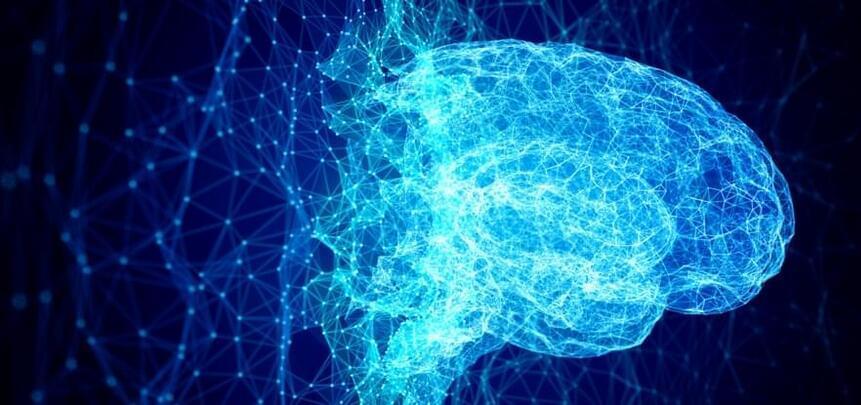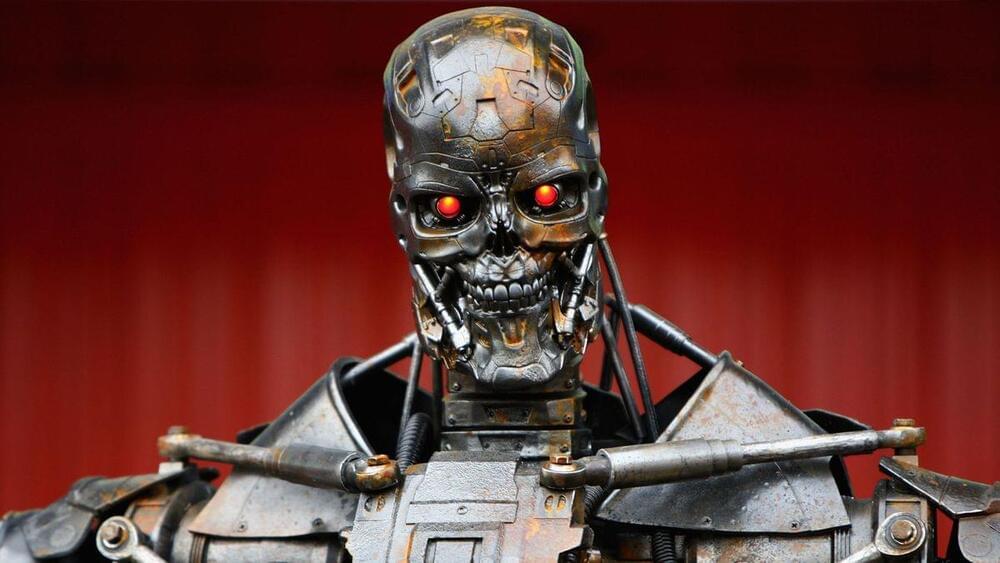George Mack is a writer, marketer and an entrepreneur. Thinking for yourself is one of the most important skills you can develop. However it’s hard. It’s a difficult task to overcome the boring, negative, irrational trends around you. Which is why you need some new tools in your mental models box. Expect to learn what the Keynsian Beauty Contest is, why memes are so influential in society today, which behaviours appear positive but actually harm you in disguise, what the forgetting paradox is, what the most useful emotional state is, why “ignorance is bliss” is a putdown in 2023 and much more…
Get the latest international news and world events from around the world.
ARC 2023 Opening Speech Highlights Importance of Upholding Freedom and Rule of Law
Welcome to the ARC Conference 2023! This was the opening speech at the ARC Conference, from day 1 of the ARC Conference. Baroness Philippa Stroud is co-founder and CEO of ARC and Member of the House of Lords. Previously, she was CEO of the Legatum Institute and the Centre for Social Justice, and served as Special Advisor for both the Secretary of State for Work and Pensions and Prime Minister David Cameron.
Find out more about the ARC here and subscribe the our newsletter for our latest updates: https://www.arcforum.com.

Konstantin Kisin’s Powerful Speech at ARC Conference 2023
“There are some people whose brains have been broken. To them our past is abominable and our future is one of managed decline. My message is simple. How Dare You!? You will not steal my son’s future with empty words”. Konstantin Kisin started day 2 of the ARC Conference 2023 with a bang. Konstantin Kisin is a Sunday Times bestselling author, satirist, social commentator, and creator and co-host of the free speech podcast TRIGGERnometry. In 2022, he published An Immigrant’s Love Letter to the West. @triggerpod Watch the talks as they are uploaded on our channel. Subscribe to the Channel to keep up-to-date with all the talks from the ARC Conference 2023. https://www.youtube.com/@arc_forum Find out more about the ARC here and subscribe the our newsletter for our latest updates: https://www.arcforum.
Improving Gut Health with Microbiome and Probiotics
View show notes here: https://bit.ly/3GJjQKz Become a member to receive exclusive content: https://peterattiamd.com/subscribe/ Sign up to receive Peter’s email newsletter: https://peterattiamd.com/newsletter/ Colleen Cutcliffe is an expert in molecular biology and co-founder of Pendulum Therapeutics, a company working to develop treatments for a variety of diseases by targeting the microbiome. In this episode, Colleen delves into the complexity of the microbiome, how it is tested, and how it changes over time. She explores how probiotics, prebiotics, and postbiotics affect the gut and makes a compelling case that well-developed products have the potential not only to enhance gut health but also to positively influence overall metabolic well-being. Colleen emphasizes the significance of a high-fiber diet in sustaining a thriving gut microbiome, shares insights on minimizing microbiome damage during antibiotic use, provides tips for fostering and preserving a healthy gut, and much more. We discuss: 0:00:00 — Intro 0:00:34 — Colleen’s background and current focus 0:03:08 — The basics of the microbiome 0:12:37 — The study of the human microbiome 0:17:42 — Categories of bacteria, and the implications on health of the rapid evolution of bacteria 0:27:51 — Methods for measuring and understanding the microbiome, and key indicators of microbiome health 0:39:52 — The important role of fiber for promoting gut health through the production of butyrate 0:47:21 — The case for manipulating gut bacteria via fecal microbiota transplant (FMT) 0:53:25 — Dynamics of the microbiome: the gut-brain connection and how antibiotics, nutrition, stress, and more impact the microbiome’s diversity and function 0:59:16 — Factors that influence the vaginal microbiom 1:03:46 — The effect of gut microbes on obesity and challenges with fecal transplants in people 1:06:25 — Beneficial strains of gut bacteria and strains commonly found in probiotics 1:16:35 — The difference between a probiotic and prebiotic, and how CFUs are a measure of the “active ingredient” 1:21:47 — Considerations about how probiotic strains are produced, and more on the meaning of CFU 1:31:12 — Mitigating the effect of antibiotics on the microbiome 1:39:58 — What do we know about the effect of artificial sweeteners on the gut microbiome? 1:47:02 — Why Akkermansia is a keystone strain with implications for metabolic health and an individual’s response to dietary interventions 1:58:14 — The essential steps necessary to develop a robust probiotic for optimal health support 2:01:45 — How Akkermansia helps control blood glucose, and potential implications of Akkermansia in weight loss, diabetes management, and more 2:22:46 — Pendulum Therapeutics’ commitment to rigorous product develop 2:29:54 — Details about the probiotic “Glucose Control” and other probiotics developed by Pendulum Therapeutics 2:38:43 — Further studies of Akkermansia that have been proposed or are underway ——– About: The Peter Attia Drive is a deep-dive podcast focusing on maximizing longevity, and all that goes into that from physical to cognitive to emotional health. With over 70 million episodes downloaded, it features topics including exercise, nutritional biochemistry, cardiovascular disease, Alzheimer’s disease, cancer, mental health, and much more. Peter Attia is the founder of Early Medical, a medical practice that applies the principles of Medicine 3.0 to patients with the goal of lengthening their lifespan and simultaneously improving their healthspan.
Optimize Fat Loss & Muscle Building: Avoid These Mistakes
Welcome for another episode of Health Theory! This episode promises to deliver a riveting conversation with the master of fitness, Andy Galpin. Andy is not just your average exercise physiologist, professor, and researcher. He’s a true powerhouse with a trademark ability to seamlessly bridge the gap between academic knowledge and real-world application.
Boosting Neuroplasticity and Confidence with Small Tasks
Dr. Jordan B. Peterson and Andrew Huberman discuss neurology, the way humans and animals react to specific stimuli, and how this knowledge can be utilized for personal growth.
This is How IT ALL ENDS?! How to Destroy the Universe — Kurzgesagt [Reaction]
Today we react to “How to Destroy the Universe” from the amazing Kurzgesagt — In a Nutshell. Please support Kurzgesagt and make sure to check out the original…

World’s First Human ‘Brain-Scale’ Supercomputer Will Go Online in 2024
Our brains are remarkably energy efficient.
Using just 20 watts of power, the human brain is capable of processing the equivalent of an exaflop — or a billion-billion mathematical operations per second.
Now, researchers in Australia are building what will be the world’s first supercomputer that can simulate networks at this scale.

